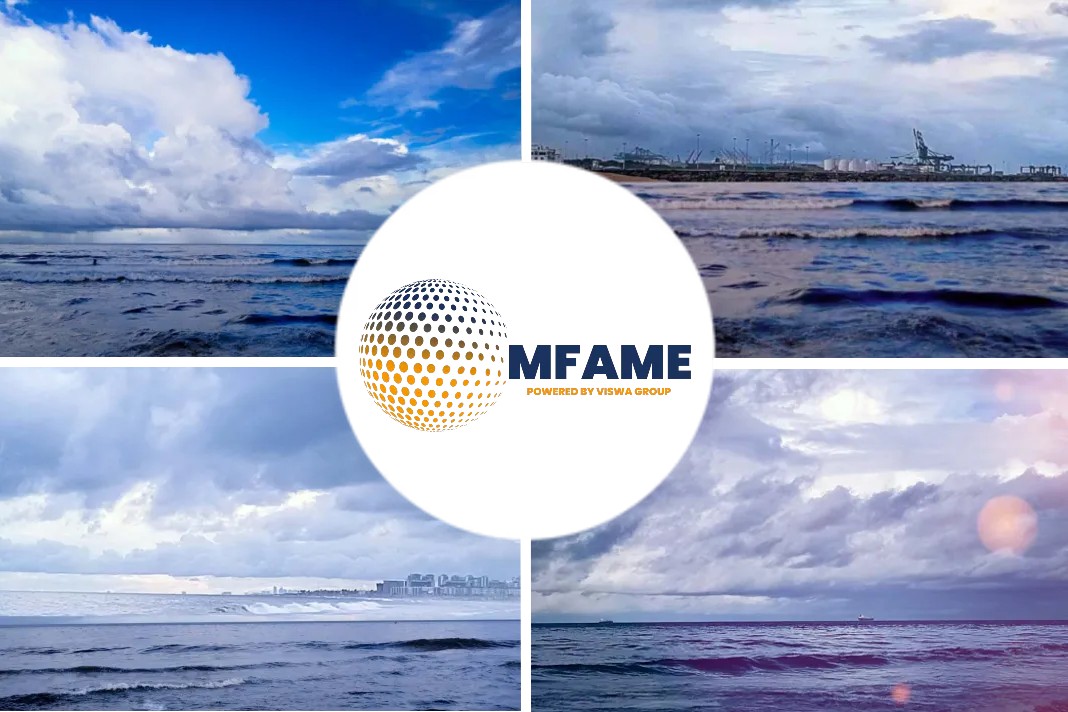
Barber Ship Management is looking to carve out a niche in the tanker market where it is not just a technical manager but takes responsibility of the full lifecycle of the vessel,says an article published on Seatrade-maritime.
Extensive experience in tankers
Wilhelmsen Ship Management (WSM) decided to return to the tanker sector in 2019 and in January 2022 took over Ahrenkiel Tankers in Hamburg rebranding it as Barber Ship Management, the original name of WSM in the 1970’s.
Roine Alquist joined as CEO of Barber in October last year taking on the task of building up the historic brand as a manager in the tanker sector.
Alquist brought with him extensive experience in tankers that dates right back to his days as cadet when the first ship he joined was a VLCC, through senior roles at Tanker Pacific Management, known as Eastern Pacific Shipping.
Element of entrepreneurial business
In becoming chief executive at Barber Alquist tells Seatrade Maritime News that he was attracted to the role as it combined an element of entrepreneurial business building with the systems and support that a large organisation like Wilhelmsen can provide. “I saw it as an opportunity to build a brand and a historical brand with a great history,” he says. “There’s a level of responsibility that comes with that.”
Red-hot secondhand market
Alquist acknowledges that building up the tanker business comes with its challenges.
The existing fleet of six ships managed by Ahrenkiel Tankers was relatively old in the 14 – 15 years age range and with the red-hot secondhand market for tankers in the last year resulting some the ships being sold bringing Barber’s fleet down to two vessels.
Compliance issues
Given the age of the vessels and the market conditions he says it was something the company was prepared for. “So, our focus has been on, on the executing well, for the owners that are that are selling off, and at the same time trying to maintain relationships with the new owners, where it’s possible.” In some cases concerns over potential “grey fleet” status and other compliance issues mean has not been possible for these relationships to continue.
In terms of new clients Alquist shares that they have established a relationship with a new client in Dubai which he describes as a growing company that is well capitalised with finance in place.
Technical management
The company is also hopeful that a relationship with a US-based fund on a newbuilding project from its very early phases will bear fruition into technical management of the vessels, and provide something of a differentiated business model for Barber.
“They have inked contracts for four plus four newbuildings that are very sophisticated MR tankers and we’ve been involved in that since the very first technical negotiation with the yard,” he explains.
Level of involvement
While the ship manager doesn’t usually get involved shipbuilding contract is signed in this case, he says Barber has been involved with the design, the makers list, and negotiations with the Chinese yard.
The level of involvement that Barber has had in this deal ties in with Alquist’s vision that they should be more than just a technical manager with expertise in cylinder covers and lube oils.
Asset lifecycle
“We also want to provide an overlaying Asset Management Service which effectively says that when you give the ship to me, I will take full responsibility for the vessel throughout its lifecycle, both asset lifecycle and your commercial lifecycle within your ownership structure,” he explains.
Ship manager relationships
Alquist, who has also been the client side of ship manager relationships, says he’s never understood why managers do not take responsibility for the ship in a more holistic way. Obviously, there is a cost factor, but he says, “If we can provide such a quality service, at a good price, still managing the operating costs in line with the market, then I think we have a great model where people will be attracted to.”
Balanced approach
Looking ahead to where Alquist sees Barber in the next few years the emphasis is on quality rather than growing a huge fleet, and he says while the company wants to be ambitious that “ambition has to come with quality”.
He says they want a “balanced approach” and would be happy with a fleet of 20 – 25 vessels comprising all types of tankers by end 2025/26. “We would have grown in line with capabilities, we would not be there to grow to become a behemoth.”
Did you subscribe to our daily Newsletter?
It’s Free! Click here to Subscribe
Source: Seatrade-maritime


















